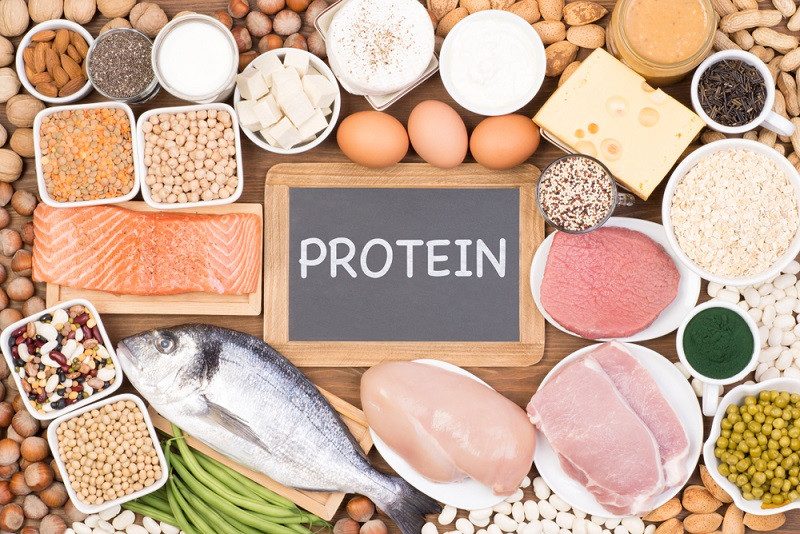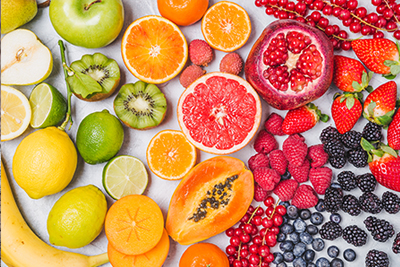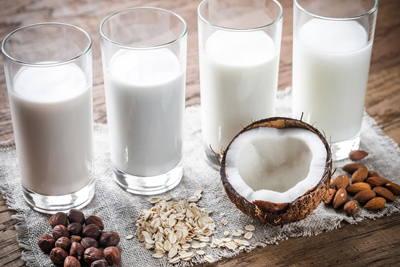Proteins Rich Food

Good for: Building muscle mass, maintaining weight, stimulating dopamine production, building new cells, build, repair and maintain body tissues, reversing mental decline, regulating mood.
Proteins are combinations of amino acids that build, repair, and maintain all of your body’s tissues. Dietary proteins are broken down into amino acids in the stomach and intestine and then absorbed into the blood, where they become the building blocks for new cells.
Eating a variety of foods, including good sources of protein in amounts to meet your needs will give you the full variety of amino acids.
Protein is made up of amino acids and a very important one for people with Parkinson’s is called tyrosine. Tyrosine helps make several important substances including Adrenaline, Noradrenaline, Thyroid hormones, Melanin and plays a critical role in the production of dopamine. Thesesubstances all help nerve cells communicate and regulate mood. It is possible to boost dopamine production by upping your protein intake.
Tyrosine is found in turkey, beef, dairy, soy, legumes, eggs, fruits and nuts as well as in fish.
Tyrosine Supplement
Tyrosine is available as a dietary supplement. Supplementing with tyrosine is thought to increase levels of the neurotransmitter’s dopamine. By increasing these neurotransmitters, it may help improve memory and performance in stressful situations. It’s a popular dietary supplement used to improve alertness, attention and focus.
Tyrosine improves cognitive flexibility. Cognitive flexibility is the ability to switch between tasks or thoughts. The quicker a person can switch tasks, the greater their cognitive flexibility. Additionally, supplementing with tyrosine has been shown to benefit those who are sleep deprived and can reverse mental decline.
Foods Containing Protein
Foods containing protein also provide a valuable source of iron, magnesium, calcium, zinc and vitamin B12. Restricting protein can exacerbate weight loss and malnutrition.
Unplanned weight loss and malnutrition is more commonly seen in people living with Parkinson’s. Weight loss not only depletes our body fat stores but also our nutrient and protein stores, which makes up our lean muscle tissue. The effects of losing lean muscle mass can make simple daily tasks and activities such as walking and maintaining balance very difficult.
Foods High in Protein can be found from animals and plants.
Protein foods from animals include:
Protein foods from plants include:
Alternatives plant based (Milk). Including
Diet starts to play a much more essential role in the advancing stages of Parkinson’s. We need to adjust our diets to meet our changing nutrient and energy requirements to manage the non-motor symptoms as they become apparent.
For people with advanced Parkinson’s, the increased reliance on Levodopa and fluctuating motor symptoms means the timing of your meals with medications starts to play a much more essential role. Levodopa absorption and effectiveness is influenced by the presence of amino acids found in protein rich foods. Therefore, if you consume high protein foods at the same time that you take your Levodopa medication, it is likely to result in less Levodopa being absorbed and therefore a varied motor fluctuation response.
Please note, restricting protein intake does not make Levodopa work better, it can vary widely between individuals, as some people may find that certain sources of protein will cause motor fluctuations and some may not.
If you’re experiencing fluctuations motor symptoms, inform your doctor and dietician.




